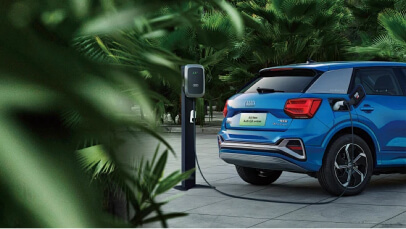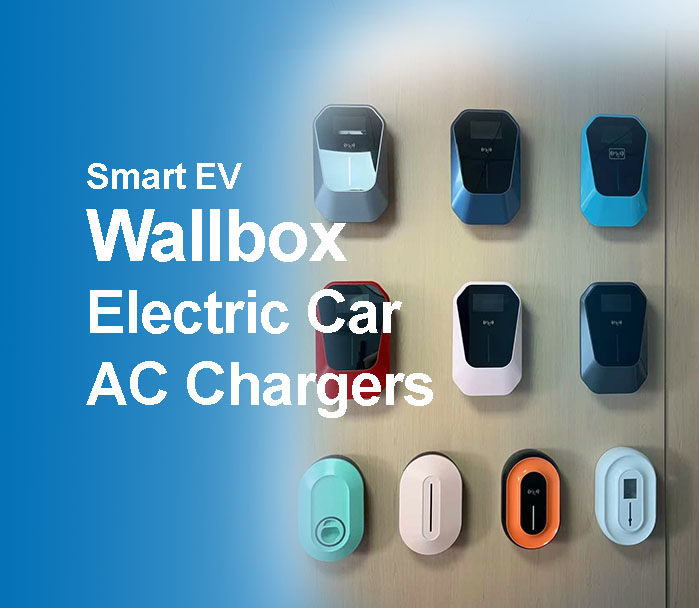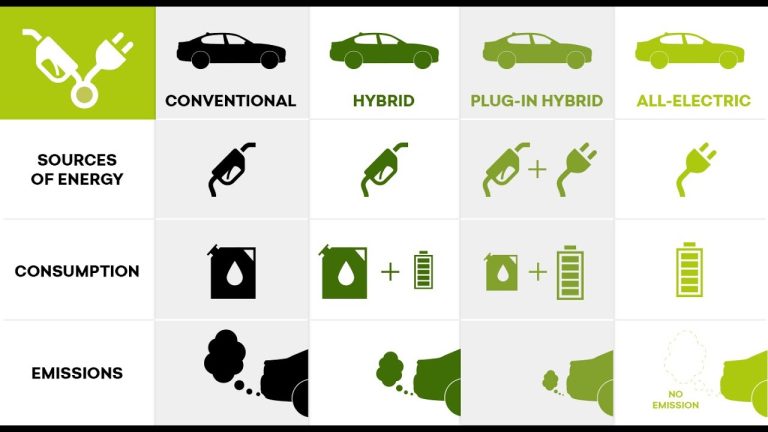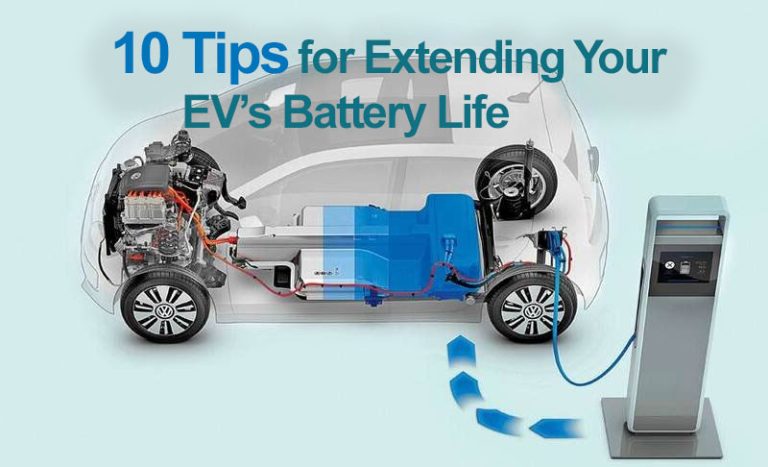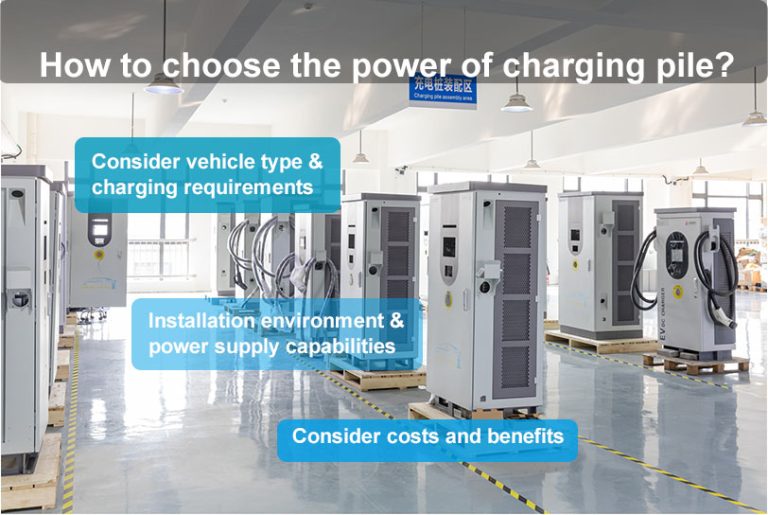With the increasing popularity of electric vehicles (EVs), more and more electric car owners are choosing to install an EV charger at home. Not only does it offer convenience and flexibility, but it can also save time and money in the long run. In this article, we will look at the steps, costs, and benefits of installing an EV charger at home.
Step 1: Choose the Right EV Charger
There are several different types of EV chargers on the market, and choosing the right one is an essential step in the installation process. Some consumers prefer Level 1 chargers, which plug into a standard electrical outlet and offer a slower charging speed. Others prefer Level 2 chargers, which require a dedicated 240-volt circuit and offer a faster charging speed. Consumers should consider their driving habits, vehicle type, and budget when selecting an EV charger.
Step 2: Hire a Professional Electrician
Once a consumer has chosen an EV charger, the next step is to hire a professional electrician with experience in EV charger installation. The electrician will be able to assess the home's electrical infrastructure, recommend any necessary upgrades, and ensure that the charger is installed safely and correctly.
Step 3: Obtain Permits and Inspections
Before installation can begin, consumers will need to obtain any necessary permits and inspections from their local government. Depending on the region, these requirements may vary, so it is essential to check with the relevant authorities beforehand.
Step 4: Install the EV Charger
The installation process typically involves mounting the charger on the wall, running wiring from the electrical panel to the charger, and testing the connection. The electrician will ensure that the charger is safely and securely installed and that it complies with all applicable codes and regulations.
Costs
The cost of installing an EV charger at home can vary greatly depending on several factors, such as the type of charger, the electrical upgrades needed, and the cost of hiring an electrician. However, as a rough guide, the cost of a Level 2 charger installation can range from $200 to $1,000 or more, depending on the complexity of the installation.
Benefits
There are several benefits to installing an EV charger at home. Perhaps most significant is the convenience of being able to charge an electric vehicle from the comfort of one's own home, without having to drive to a public charging station. Additionally, EV owners who charge their vehicles at home can save money on fuel costs, as electricity is generally cheaper than gasoline. Finally, installing an EV charger can increase the resale value of a home, as it appeals to potential buyers who either own an electric vehicle or plan to buy one in the future.
Overall, installing an EV charger at home can be a smart investment for electric vehicle owners, offering convenience, savings, and added property value. By following the steps outlined above and working with a professional electrician, homeowners can enjoy a hassle-free and safe installation process.


